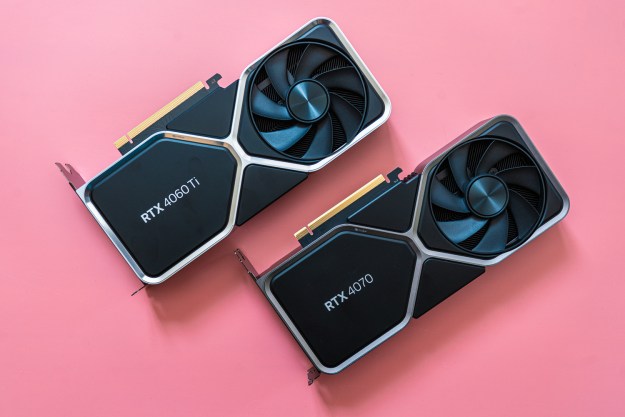Joe Biden has been a consistent front-runner in the race for the Democratic presidential nomination, and with the primaries just on the horizon, he stands a very good chance of seizing the nomination and maybe even the presidency. Social media companies might be sweating at the prospect: In a New York Times interview published Friday, Biden firmly established his belief that Facebook, and founder Mark Zuckerberg in particular, need to be held legally responsible for misinformation on their platforms, saying:
“I’ve been in the view that not only should we be worrying about the concentration of power, we should be worried about the lack of privacy and them being exempt, which you’re not exempt. [The Times] can’t write something you know to be false and be exempt from being sued. But he can. The idea that it’s a tech company is that Section 230 should be revoked, immediately should be revoked, number one. For Zuckerberg and other platforms … And it should be revoked. It should be revoked because it is not merely an internet company. It is propagating falsehoods they know to be false, and we should be setting standards not unlike the Europeans are doing relative to privacy.”
Biden is referring to Section 230 of the Communications Decency Act (CDA), a seminal piece of legislation which establishes that “no provider or user of an interactive computer service shall be held liable on account of any action voluntarily taken in good faith to restrict access to or availability of material that the provider or user considers to be obscene, lewd, lascivious, filthy, excessively violent, harassing, or otherwise objectionable, whether or not such material is constitutionally protected.”
What Section 230 means is that internet services like Facebook, YouTube, Amazon, and so on cannot be sued over content posted by users. This isn’t the first time a politician has proposed fiddling with Section 230, but Biden is likely one of the highest-profile people to think it’s a good idea. And if Biden gets his wish for it to be revoked, it would break the internet as we know it.
The internet runs on free expression
Section 230 has been essential for the development of the internet as we know it. It allows people to freely converse on social networks like Facebook and Twitter, post creative works on platforms like YouTube and Tumblr, and contribute information to sites like Wikipedia.
The optimistic view of Section 230 is that, by removing responsibility for users from websites, it encourages free expression. YouTube will let millions of people upload videos because the company knows it can’t be punished for their content (plus, it makes a ton of money).
Facebook will let you share articles, however dubious, with friends because the company isn’t responsible for their veracity or consequences. These platforms have certainly been tools for bad actors, but upending them entirely would be an extreme move. However one feels about the dangers

Facebook has faced widespread scrutiny of its role as a place for misinformation to spread, particularly after the 2016 presidential election. Zuckerberg has taken the stance that misinformation and fake news are the price society pays for free expression. In a speech at Georgetown University, he said his goal is “building services to do two things: Give people voice, and bring people together. These two simple ideas — voice and inclusion — go hand in hand.
“In a democracy, I believe people should decide what is credible, not tech companies,” he said. “We don’t fact-check political ads. We don’t do this to help politicians, but because we think people should be able to see for themselves what politicians are saying. And if content is newsworthy, we also won’t take it down even if it would otherwise conflict with many of our standards.”
Should the internet be broken?
It’s easy to read Biden’s comments as those of a man out of touch with how the internet works, or someone with a personal grudge against Facebook — the social network did allow a political ad to run that accused Biden of corruption in the Ukraine scandal, and denied the Biden campaign’s request to take the ad down.
Biden is hardly the first person to question the value of letting internet services absolve themselves of responsibility. Many a young, “extremely online” person has lambasted Zuckerberg and Twitter CEO Jack Dorsey for allowing lies, hate speech, and other questionable content on their platforms. If the common refrain is that these companies need to regulate content on their platforms, wouldn’t removing their legal protection simply be a way to force their hand?
Despite the valid criticisms of social networks, millions of people use them every day. A total upheaval of the system could jeopardize free expression on the internet, but also deprive people of communities they enjoy, from juggernauts like Facebook to smaller communities like Mastodon.
If Biden does win the presidency and pushes Congress to reexamine Section 230, hopefully he tempers the conviction he showed in the New York Times office.
Editors' Recommendations
- Conspiracy theories already spreading ahead of Trump-Biden presidential debate
- What’s in Joe Biden’s $2 trillion climate plan?
- Would you trust a Facebook OS? Reports say Zuck’s building an operating system
- Instagram’s Threads app would allow your friends to monitor your every move
- The U.S. Senate really doesn’t like Facebook’s Libra cryptocurrency plans


